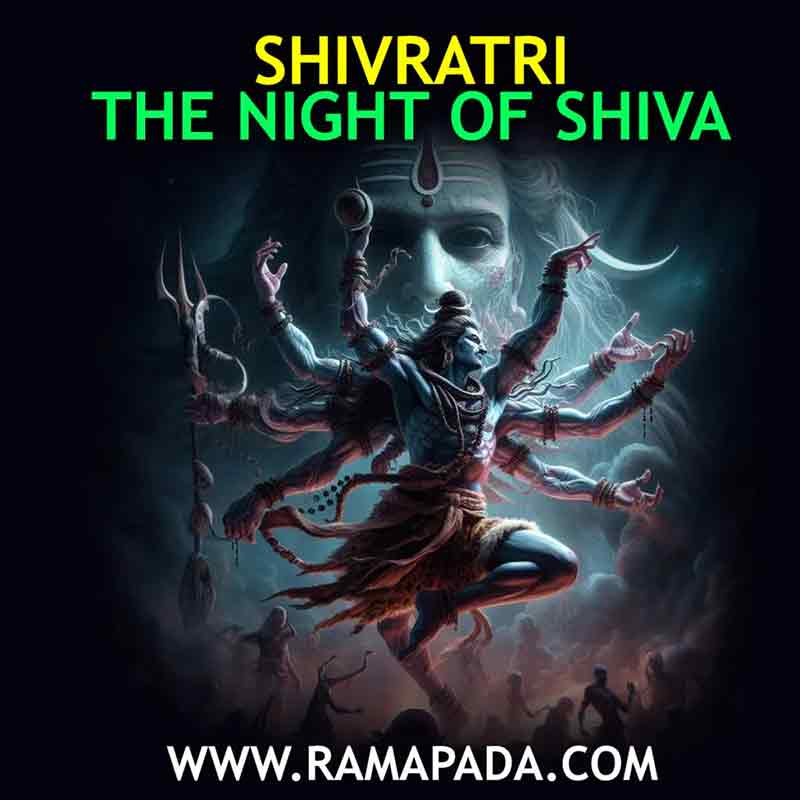Shivratri, among the vibrant tapestries of Hindu festivals, literally translating to “The Great Night of Shiva,” holds a unique place. Celebrated annually on the darkest night of the lunisolar month (usually in February or March), it is a night steeped in mysticism, devotion, and profound symbolism.
The Enigmatic Shiva
Lord Shiva, one of the principal deities in Hinduism, is a complex and fascinating figure. He is the embodiment of both creation and destruction, the destroyer of ignorance and the preserver of balance. This duality is reflected in the very essence of Shivratri.
Legends and Significance
Several legends intertwine with the significance of Shivratri. One popular story narrates the celestial wedding of Shiva and Parvati, symbolizing the union of consciousness (Shiva) and divine energy (Parvati). Another tale recounts Shiva’s Tandava dance, a cosmic dance of creation and dissolution. Devotees also believe that on this night, Shiva drank the poison churned from the cosmic ocean, saving the world.
The Night of Observance
Shivratri is a night of fervent devotion and spiritual introspection. Devotees observe a strict fast, abstaining from food and water. Throughout the night, they stay awake, engaged in prayers, chanting mantras like “Om Namah Shivaya,” and performing puja (worship rituals) offering bilva leaves, fruits, and flowers to the Shivalinga, the iconic representation of Shiva.
Beyond Rituals
The rituals of Shivratri are not mere formalities as per the genuine astrologer in India. The fast signifies self-discipline and the taming of the senses. Staying awake symbolizes awareness and alertness, urging devotees to turn their gaze inward. The offerings represent gratitude and the cyclical nature of life.
The Alluring Jyotirlinga Darshan
A particularly captivating aspect of Shivratri is the Jyotirlinga darshan. Jyotirlingas are the twelve revered shrines dedicated to Lord Shiva, believed to be radiating columns of light. On this night, these temples witness a surge of devotees, eager to seek blessings and witness the special decorations and illuminations.
A Celebration for All
Shivratri transcends religious boundaries. It is a festival that welcomes all, regardless of faith or background. The night’s serenity and focus on inner reflection offer a space for spiritual seekers to explore their connection with the divine.
The Enduring Mystique
The mystique of Shivratri lies in its ability to touch upon profound spiritual themes. It is a celebration of love, devotion, and the transformative power of self-awareness. The flickering flames of diyas (clay lamps), echoing the countless stars on the darkest night, serve as a potent reminder that even in the absence of external light, the inner flame of spirituality can illuminate the path.

